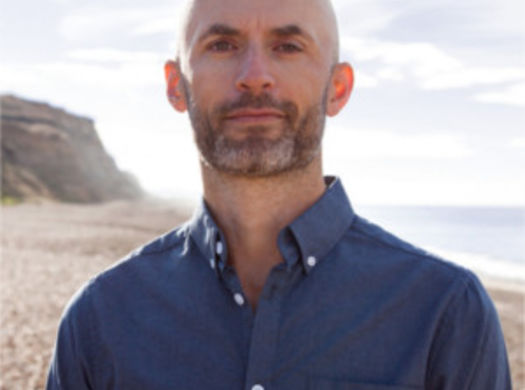Blog

Is a calorie a calorie? 10 years on do my overfeeding experiments have the answer?
Sam Feltham has been a long time friend of Natural Ketosis way back from his days of running his Smash the Fat bootcamps and championing the low carb/Keto lifestyle. Fast forward 10 years and he is now the Director of the UK registered charity, Public Health Collaboration, whose purpose is to advocate for better lifestyle information for lifestyle diseases such as obesity and type 2 diabetes. Here Sam reflects on an experimental process he went through 10 years ago looking at calories.
It’s been 10 years since I conducted 3 different overfeeding experiments on myself that caused a ruckus in the field of nutrition and so on the decadal anniversary, I wanted to find out if I could answer the question, is a calorie a calorie?
For those who haven’t come across the experiments before, I overfed myself by following 3 different diets for 3 weeks each with 3 months reset in between. The first was low-carb real food, the second was low-fat fake food and the third was very low-fat vegan. To the best of my ability, I tracked every calorie coming in and out of my body whether that be from food or exercise.
On the first experiment where I was eating a low-carb real food diet of fish, eggs, nuts, steak and green vegetables for 3 weeks, I ended up in a 47,000 calorie surplus. Meaning that following the calorie formula with my metabolic rate and activity levels I should have put on 6.1kg in weight. However, in reality, I only put on 1.3kg and lost 3cm from my waist.
On the second experiment where I was eating a low-fat fake food diet of refined cereal, supermarket sandwiches and ready meals for 3 weeks, I once again ended up in a 47,000 calorie surplus. This again meant I should have put on 6.1kg but in reality I actually put on 7.1kg in weight and gained 9.25cm to my waistline.
On the third experiment where I was eating a very low-fat vegan diet of porridge, beans, potatoes, rice and fruit, I ended up in a 40,000 calorie surplus. The reason for this 7,000 calorie difference was the fibre. The recommended daily intake for fibre is 30g and I was eating 175g every day, so let’s say no more about that. With that lower calorie surplus, it meant that I should have put on 5.1kg but in reality I put on 4.7kg in weight and gained 7.75cm to my waistline.
Once I had finished all 3 experiments, the simplified conclusion I came to was that the calories sitting on your plate aren’t equivalent to the calories that could become fat on your body. In other words, different foods cause different biochemical responses and so in that sense, a calorie is not a calorie. To say that I threw a cat amongst the dietary pigeons via my YouTube channel at the time, would be an understatement. Many were fascinated by the results that flew in the face of the calorie formula but there were some claiming that I didn’t follow what I said or that it’s not published in a peer-reviewed journal, so it can’t be taken into account. To the first claim I say, ask my wife and she’ll tell you that I followed everything to the letter. Then to the second claim, along with world-renowned internist, Dr Eric Westman my self-experiments have been published in the peer-reviewed journal, Current Opinion in Endocrinology, Obesity and Diabetes.
In my new line of work the question of calories comes up all the time, and I still reference my overfeeding experiments as a demonstration of how misguided focusing on calories can be. That’s not to say quantity doesn’t matter, eating a large amount of food still creates a large amount of biochemical responses in the human body. However, focusing on the types and quality of your food is much more important if you want to maintain a healthy lifestyle for life.





